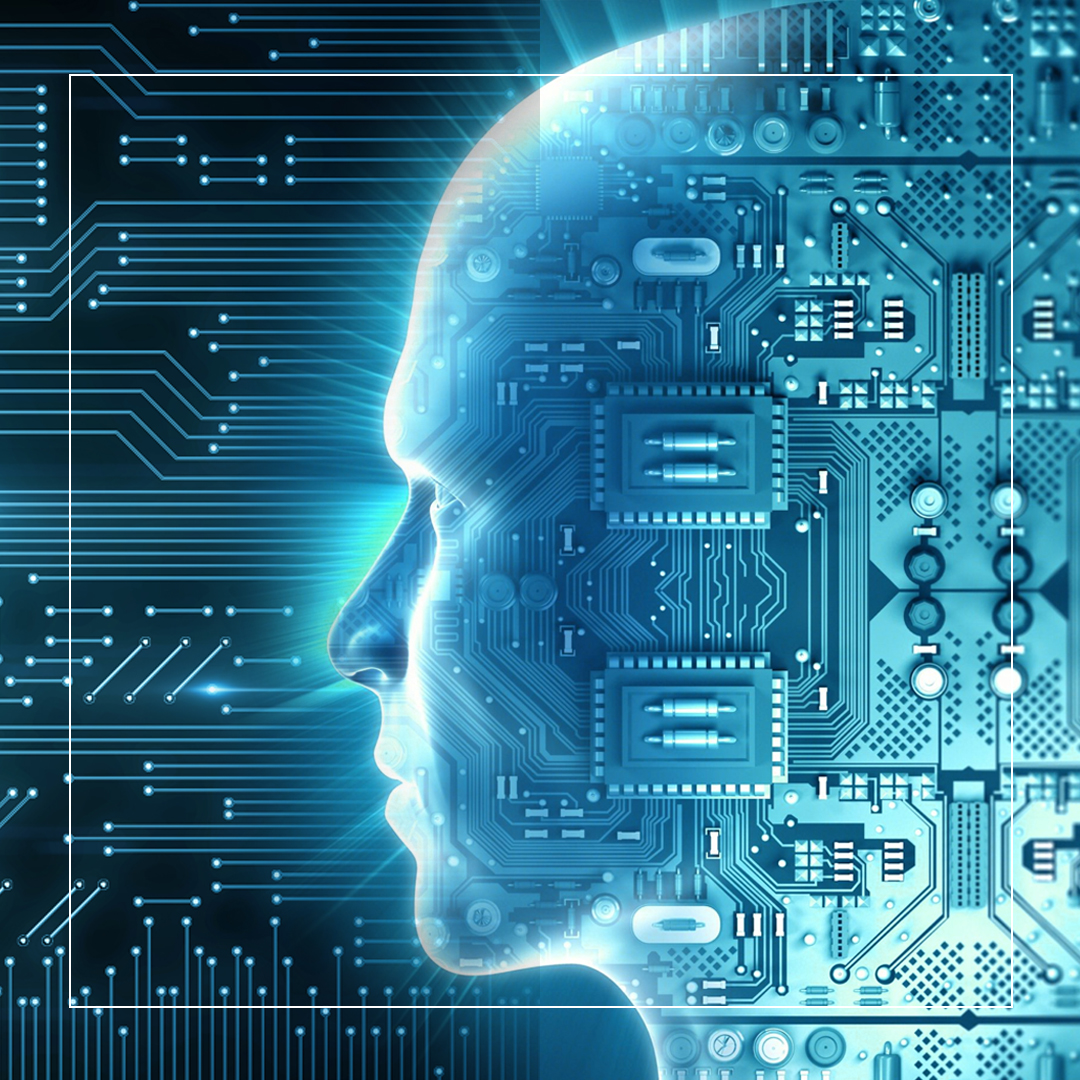Philosophy increasingly has to deal with the influence of artificial intelligence on society. Here at Daily Philosophy, we will try to add a bit of a philosophical perspective to some of the most important discussions in AI. And first, of course, is the question: what is AI?
If you like reading about philosophy, here’s a free, weekly newsletter with articles just like this one: Send it to me!
Artificial intelligence is about systems that do things that require intelligence of humans
A possible definition of AI would be one that looks at machine behaviour and that compares this to the equivalent human behaviour (read more about behaviourism here):
-
“AI is concerned with building machines that can act and react appropriately, adapting their response to the demands of the situation. Such machines should display behaviour compatible with that considered to require intelligence in humans.” (Finlay-Dix)
-
“The act of creating machines that perform functions that require intelligence when performed by people.” (Kurzweil, 1990)
What about these definitions? Do they make sense?
“Behaviour compatible with what is considered to require intelligence in humans:” Compatible is a very weak word here and is probably not what the author meant at all. ‘Compatible’ just means that the machine’s behaviour should not cause a contradiction or be impossible to perform at the same time as a behaviour that would require intelligence in humans.
So, for example, eating is compatible with playing chess. Assuming that playing chess is the behaviour that requires intelligence when performed by humans, then eating would, according to that definition, also be an AI behaviour, because eating is compatible with playing chess (one can do both at the same time). It seems strange to elevate mere compatibility with an intelligent behaviour to a criterion for intelligent behaviour.
What the authors probably mean is probably not ‘compatible’ but ‘similar’ or ‘equivalent.’ Kurzweil’s definition of AI, even more simply, requires AI to display the same behaviours that require intelligence when performed by humans, eliminating the similarity or equivalence requirement.
Still, this doesn’t seem to reflect what we actually do when we attribute intelligence to machines. Consider machines performing the following functions:
- Adding two numbers.
- Changing money when a customer buys a coke.
- Regulating the room temperature by turning an air-conditioner on or off.
Obviously, these functions do require intelligence when performed by humans, but they can be executed by primitive, …
Read the full article which is published on Daily Philosophy (external link)







